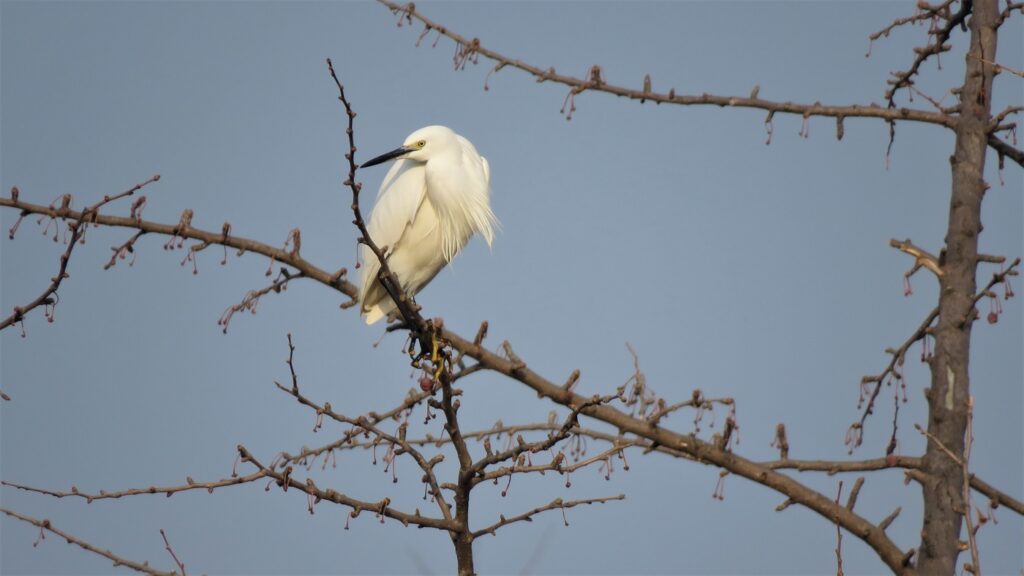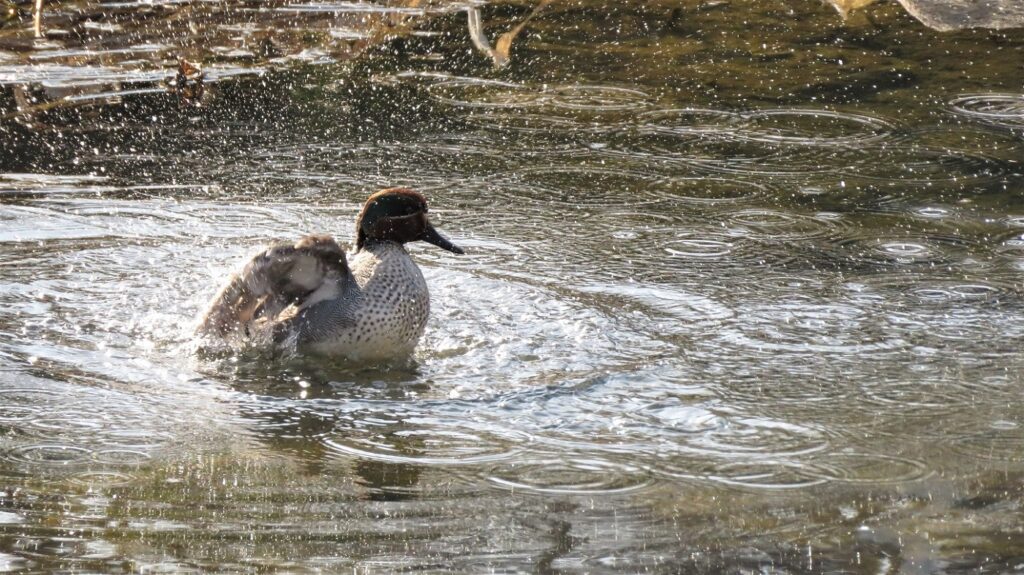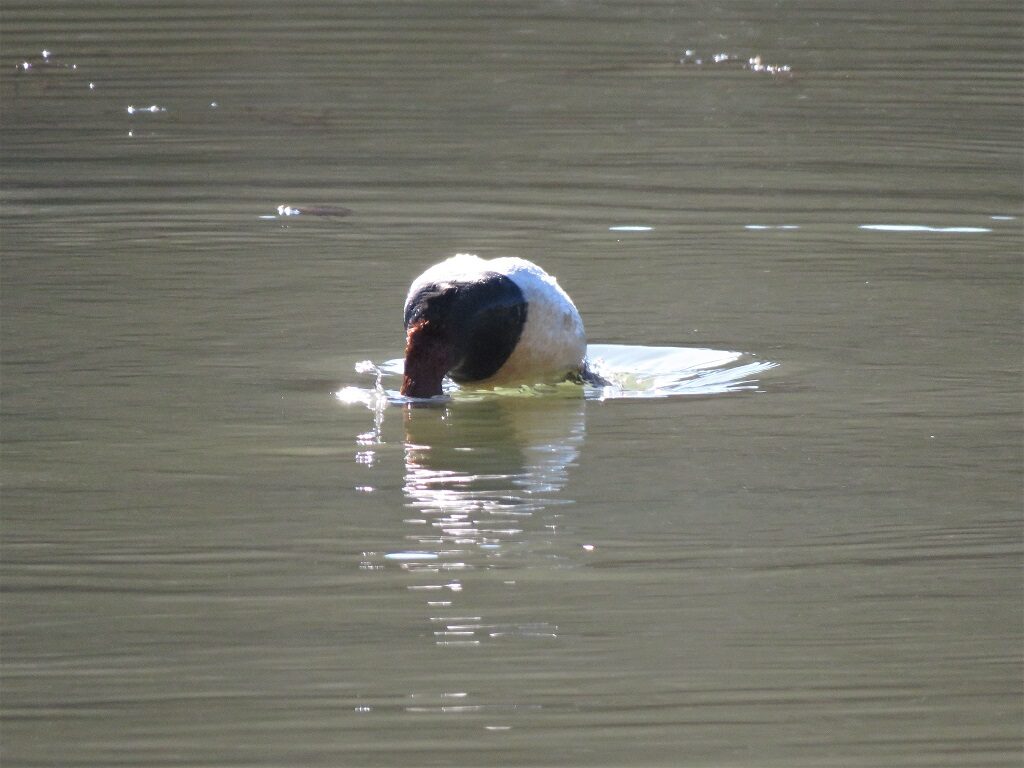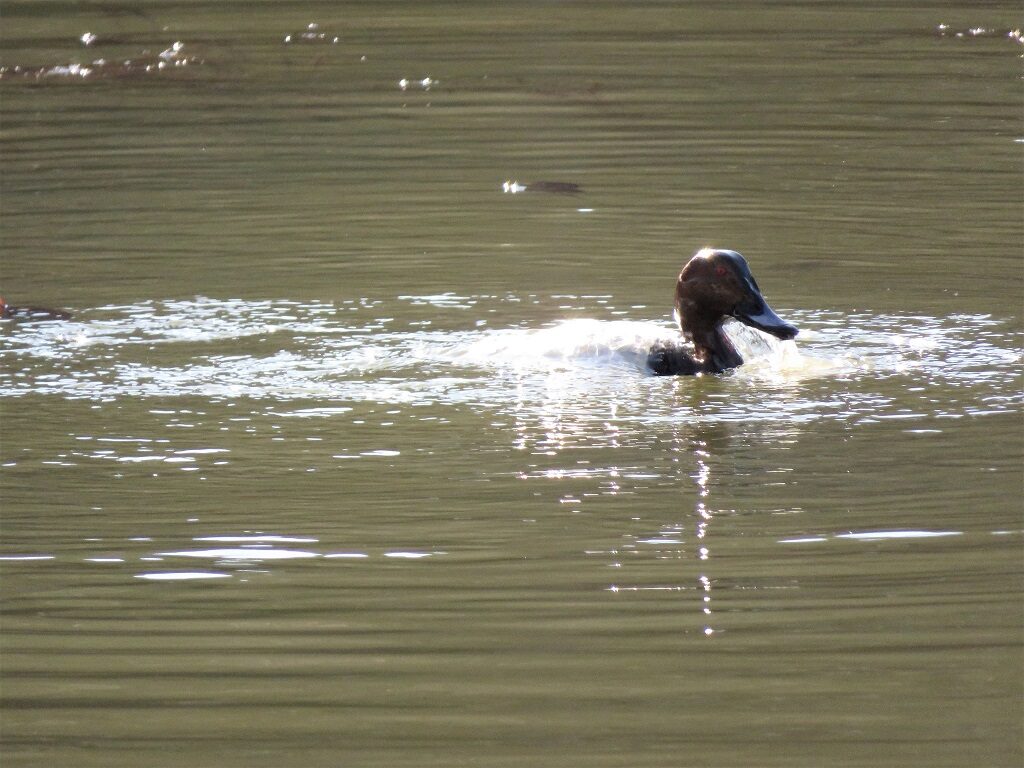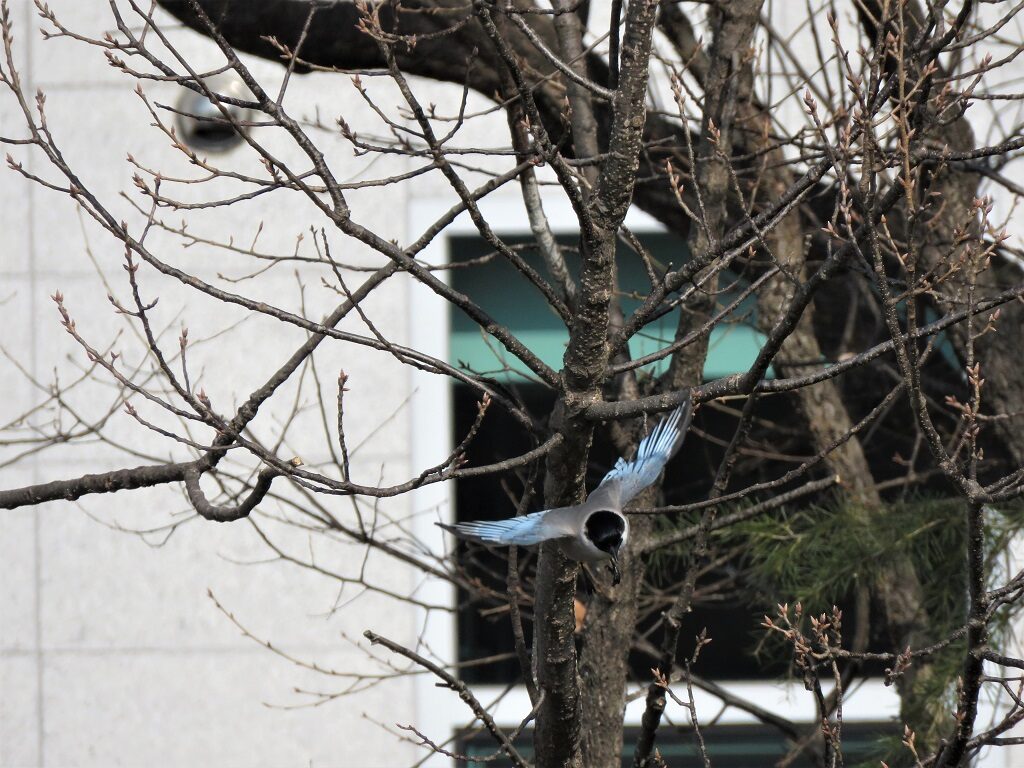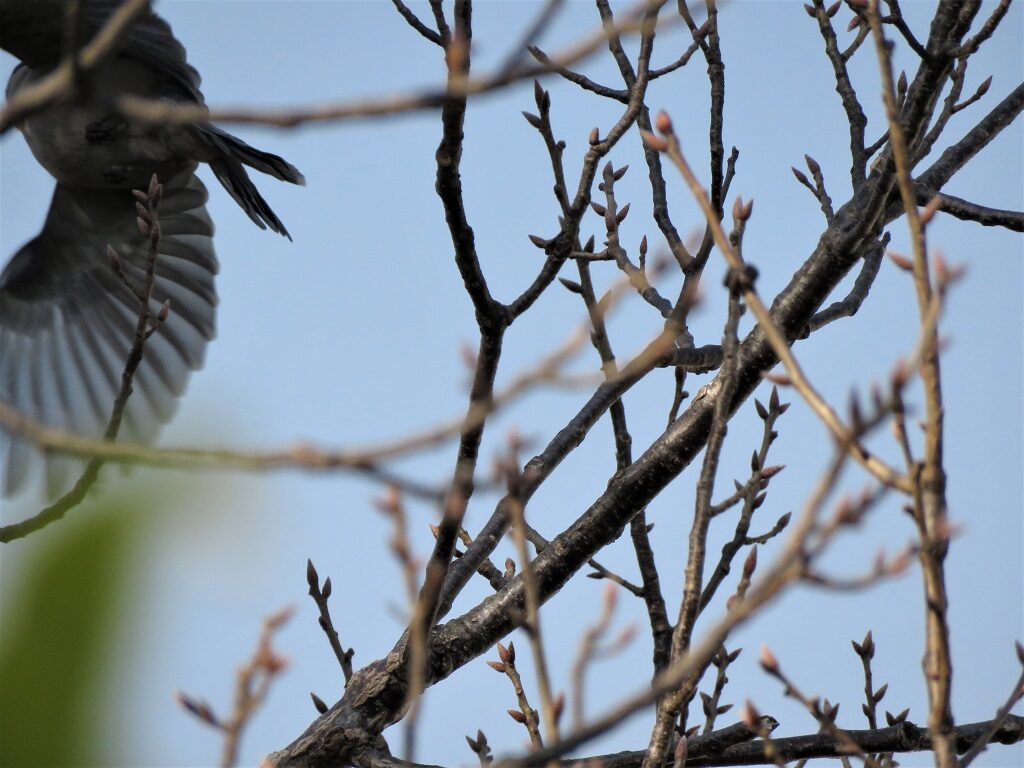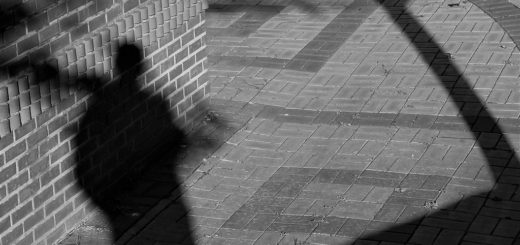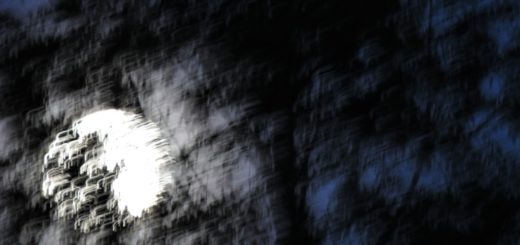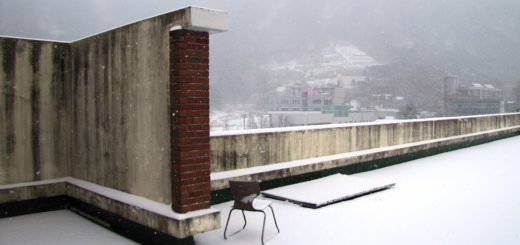On Pleasure and Learning
Philosophic hedonism.— The soul naturally inclines toward beliefs, solutions, behaviors, and aims that promise the greatest pleasure. Education is primarily the process of unlearning the childhood weakness for mistaking the quickest or most immediate pleasure for the greatest pleasure. The educated person is thus the one who habitually forgoes the near or easy pleasure in favor of the distant, rarefied one, and the best educated person he who consistently ranks the pleasure that answers only to ten thousand years of hard work as, so to speak, the summum bonum of pleasure. The soul’s truly natural inclination with regard to pleasure, to state this clearly, is to despise all that which is unearned, or anything to the extent that it is unearned, while valuing most highly that which is most painfully earned — and above all else, that which might never be earned.
A wider world.— In this age of “pedagogical systems” and “the teaching profession,” education has been reduced to a soul-shrinking combination of authoritarian indoctrination and pragmatic “skills training.” In such a world, the most dangerous classroom is that which sets its goal beyond the most distant horizon, the most subversive teacher he who draws the students past the uncomfortable limits of their outstretched hands and straining eyes, the most corrupted student he who has come to understand what learning means, and to desire it. Real teaching today must be done secretly, as it were. For it violates all the rules and social norms.
How the universe expands.— On the rare occasions when I have had the opportunity to introduce serious students to my enthusiasm for birds, the most gratifying aspect of the process has been those moments when the students — previously somewhat trapped in our constraining and demeaning world of modern technology and cold buildings, popular entertainment and soulless “socializing” — experienced the startling and liberating revelation that they were now living in a wider universe. Beautiful objects that had hitherto been mostly invisible to them, as the unfocused elements of our surroundings inevitably are, were suddenly eminently apparent, increasingly present in daily life, and thus gradually redefining life itself, i.e., the soul, as a universe sparkling with an ever-expanding sea of wandering colors and musical sounds.
To learn is just this: to see life (i.e., the soul) as something wider than it was yesterday, more beautiful than you had imagined yesterday, and freer from the relentlessly dull waves of human ignorance than you had thought possible yesterday. Birds have always been symbols of the soul in its aspirational aspect, for they have always subtly hinted, to those of us who attend to them keenly, that we can be more than we are, which is to say that the world itself can be more than it seems today. As a teacher, there are few things more gratifying (or humbling) than being thanked by a student for revealing a wider world, and hence a broader view of what that student’s life can mean. This directly contradicts the prescribed purposes of modern “pedagogy” and “the teaching profession,” however, which are aimed precisely at narrowing a young person’s vision, and hardening his universe in a mold that forcibly restricts the healthy soul’s natural urge to reach out.
The foregoing observations, taken together, reveal much about my personal motivation, my mode of living, and the depth of my disdain for Today.
